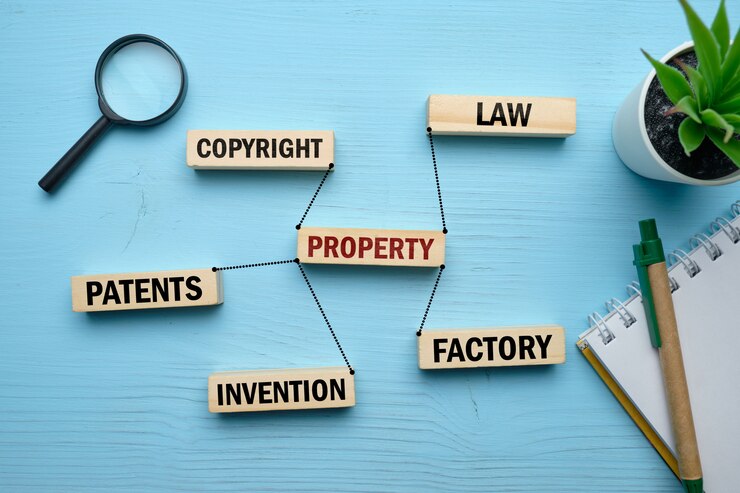Introduction to Mastering Due Diligence
In the intricate landscape of business and investments, due diligence has become an indispensable process. From assessing the viability of acquisitions to evaluating operational risks, it is a comprehensive approach designed to mitigate uncertainties. This blog will delve into the critical aspects of due diligence, its applications, and its relevance in ensuring informed decisions, including insights into commercial due diligence services, vendor due diligence, and the role of cybersecurity due diligence.

Definition of Due Diligence
Due diligence refers to the systematic investigation or evaluation of a business, investment, or other entity to confirm all facts and assess associated risks. It encompasses various forms, including legal due diligence, financial due diligence, and environmental due diligence, tailored to specific scenarios. Understanding what is due diligence money and its implications provides a clearer picture of its purpose in high-stakes decision-making.
Importance of Due Diligence in Modern Decision-Making
In today’s dynamic environment, due diligence serves as a safety net for stakeholders. Whether it’s buyer due diligence during mergers or supply chain due diligence to address operational risks, this process enables clarity and reduces exposure to unforeseen challenges. Businesses must adopt robust vendor due diligence checklists to ensure partnerships align with their standards and objectives.
Objectives and Goals of Due Diligence
The primary goals of due diligence include identifying risks, verifying data accuracy, and aligning opportunities with strategic objectives. For example, private equity due diligence focuses on growth potential and market positioning, while commercial due diligence services assess market trends and competitor landscapes. Each form of due diligence aligns with distinct yet interrelated objectives.
Historical Context of Due Diligence
Origin and Evolution of the Term
The term “due diligence” originated from legal contexts, evolving over centuries into a multifaceted process integral to business, legal, and investment decisions. Modern applications, such as cyber due diligence and tech due diligence, reflect its adaptation to emerging risks in technology-driven industries.
How Due Diligence Became a Critical Process
Globalization and technological advancements have introduced complexities in transactions, necessitating thorough evaluations like technology due diligence and real estate due diligence. These processes ensure decisions are backed by comprehensive insights.

Types of Due Diligence
Financial Due Diligence: Assessing Economic Viability
Financial due diligence involves analyzing financial statements, cash flow, and liabilities. Key components of financial due diligence include examining profit margins, debt levels, and future projections.
Legal Due Diligence: Identifying Risks and Liabilities
Legal due diligence ensures compliance with regulatory frameworks and identifies contractual risks. This form of evaluation plays a pivotal role in minimizing liabilities.
Operational Due Diligence: Evaluating Internal Processes
Operational due diligence scrutinizes internal processes, supply chains, and resource allocation to ensure efficiency and scalability.
Environmental Due Diligence: Ensuring Sustainability
Environmental concerns are at the forefront of business evaluations, with environmental due diligence addressing compliance with ecological regulations and sustainability goals.
Technical Due Diligence: Assessing Technological Assets
Technical due diligence evaluates the infrastructure and scalability of technology assets, while technology due diligence focuses on ensuring IT systems align with strategic goals.
Vendor Due Diligence: Building Trust with Partners
Vendor due diligence ensures that third-party vendors meet required standards, reducing risks in collaborations and supply chains.

Key Principles of Effective Due Diligence
The Principle of Thoroughness
Every aspect, from due diligence checking to reviewing vendor relationships, should be meticulously analyzed to avoid oversights.
Transparency and Accountability
Clear reporting, such as a due diligence report, builds trust among stakeholders and provides actionable insights.
The Process of Conducting Due Diligence
Pre-Due Diligence Planning: Setting Clear Objectives
A well-structured plan, including timelines like the average due diligence period, ensures clarity and focus.
Gathering Relevant Information: Sources and Tools
Effective due diligence checking leverages advanced tools to access reliable data, ensuring accuracy in assessments.
Reporting Findings: Structuring an Effective Report
A comprehensive due diligence report outlines findings, recommendations, and next steps, enabling informed decisions.
Challenges in Due Diligence
Balancing Time Constraints with Thorough Investigation
A defined due diligence period ensures a balance between speed and depth. Understanding what is a due diligence period helps stakeholders manage expectations.
Legal and Ethical Concerns in Data Collection
Navigating legal frameworks is critical, especially during processes like cybersecurity due diligence or real estate due diligence.
The Role of Technology in Due Diligence
Leveraging AI-Powered Tools
AI-driven platforms streamline processes like cyber due diligence and enable faster, more accurate data analysis.
Cybersecurity and Data Privacy
With growing digital risks, cybersecurity due diligence ensures that businesses safeguard sensitive information during evaluations.

Industry-Specific Applications of Due Diligence
Mergers and Acquisitions
Commercial due diligence evaluates market opportunities and strategic alignment, ensuring successful acquisitions.
Real Estate Transactions
Real estate due diligence assesses property risks, including zoning laws, environmental factors, and tax liabilities.
Startups and Venture Capital
Private equity due diligence and tech due diligence evaluate the scalability and innovation potential of startups.
Conclusion
Due diligence is more than a process—it’s a strategic imperative. Whether it’s evaluating due diligence, or preparing for acquisitions, the principles remain consistent: thoroughness, accountability, and adaptability. By integrating practices like vendor due diligence, tax due diligence, and commercial due diligence services, businesses can secure a competitive edge and build a foundation of trust and reliability.


